Even with a reduced schedule, a number of interesting bills were heard. On Monday, the Senate Education Policy Committee heard both Senator Grant Hauschild’s SF 3790 and Senator Liz Boldon’s SF 3924. SF 3790 would create a new early childhood scholarship program—Great Start Affordability Scholarships—to help more families access early childhood education and childcare programs. Childcare has become prohibitively expensive for a number of families and there is a shortage of providers statewide. While this is not a funding year and dollars will be dear, issues surrounding childcare have risen in importance over the past several years and whether or not a bill like this happens this year, it is certainly one that will receive attention going forward. SF 3924 would create a working group to establish a system of reciprocity for individuals who hold a special education license In another state. While this would not solve the special education teacher shortage in Minnesota, it could mitigate it somewhat and that alone makes it worth pursuing.
The House Education Policy Committee heard the Governor’s education policy bill ( HF 3782) last Wednesday. As I described in the blog, there isn’t a lot in the bill, but there are questions regarding the READ Act passed last year that will receive a lot of discussion this year, in both the realms of policy and funding and some pushback on the provision in the bill that is being interpreted as diminishing local control in terms of determining whether certain books should be removed from the school library.
The House Education Finance Committee spent Thursday listening to a number of grant requests, most of which did not receive funding last session. Whenever grants are discussed, debate inevitably turns to how grants rob money from other formula purposes. While there were a number of grants funded last year, it was fewer than many expected given the budget surplus, the size of the education budget target, and the massive number of grant requests that were introduced.
In the week ahead, the Senate Education Policy Committee will be taking testimony on the Governor’s education policy bill on Monday after having a walk-through of its provisions a week-and-a-half ago. The House Education Finance Committee will hear HF 3588, a bill that would add revenue to the Long Term Facilities Maintenance program to cover roof replacement and repair. Unlike previous (and current) bills that add new allowable projects to the program without additional revenue, HF 3588 seeks to provide additional funding so that the current level of funding is not spread more thinly. There’s clearly a need to increase the level of Long Term Facilities Maintenance Revenue and while a major step forward is not likely this year, perhaps this modest step is within reach.
The big news last week was the release of the February budget forecast on Thursday. The forecast shows that the year-end budget situation has improved by $1.3 billion, almost solely due to increased individual income tax and corporate franchise tax collections. While the report is clearly good news, it has to be kept in mind that this is one-time money attributable to expenditures and revenue collections for this biennium. While this revenue, whether whole or in part, could be rolled forward into the next biennium to help alleviate the tight budget situation on the horizon. At the same time, it’s important to remember that the tight budget situation outlined for next biennium is caused in part by the fact that the 2023 Legislature tied the basic formula to inflation and provided funding for a number of other education programs—particularly for the reduction of the special education cross-subsidy—through the next biennium. That certainly makes next biennium look tight, but certainly not as bleak as some are contending.
Here is a link to the document used by Minnesota Management and Budget during their presentation regarding the February forecast last Thursday: Budget and Economic Forecast–February 2024

